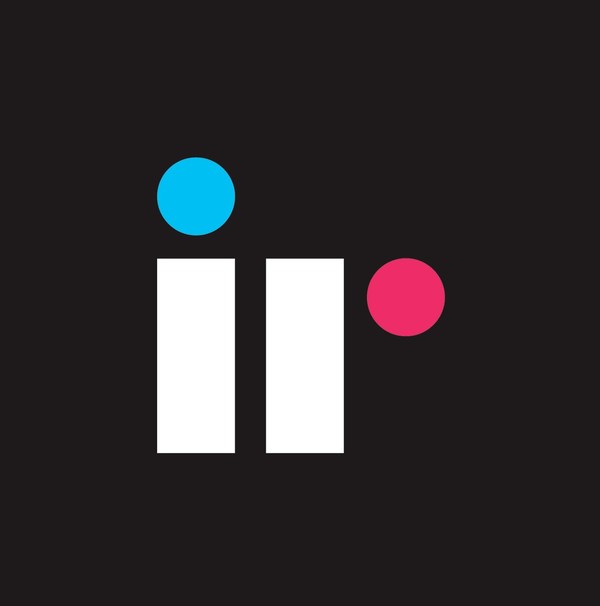Three Categories sum up Employee Work Expectations in the Evolving Hybrid Workplace
- Written by PR Newswire

|
- IR and Ecosystm research indicates organizations are ensuring their hybrid workplace strategies are flexible and fit for purpose
SYDNEY, Oct. 20, 2022 /PRNewswire/ -- IR (ASX:IRI) a leading global provider of performance management and analytics for unified communication and collaboration, IT infrastructure, and payment ecosystems, today released the second edition of the hybrid workplace guide. Your ultimate guide to future-proofing the hybrid workplace 2.0[1] explores how organizations considering employee preferences by listening to their feedback deliver a more engaging and efficient hybrid work model.
The guide expands on the below highlights from the research:
- Three categories sum up employee expectations:
- Employees who want to work predominantly from home to preserve a better work-life balance.
- Employees who prefer the flexible hybrid working situation.
- Employees who can't wait to get back to the office full-time.
- Earning the commute - Employees are rejecting the 5-day-a-week for personal and financial reasons after having experienced the convenience and productivity of working remotely.
- The office must be the connector – Fatigue and isolation are concern areas for employees working remotely. Social interaction is one of the primary reasons employees want to return to the office.
"There is no one-size-fits-all in the evolving hybrid workplace model. Leadership teams must be more flexible and agile as they redefine hybrid working guidelines. The success of hybrid working is defined by employee experience management, and technology plays a key role. For a hybrid workplace to function optimally, collaboration tools need to work seamlessly," said John Ruthven, CEO and Managing Director, IR.
It is increasingly an imperative for organizations to put employees first to better balance their expectations, become more economical and drive better productivity and business outcomes.
A hybrid workplace must embrace digital transformation, including native, cloud and mobile-first solutions. Collaboration tools play an integral part in this initiative; proactively monitoring these tools is critical.
References
Read more https://www.prnasia.com/story/archive/3909303_AE09303_0







